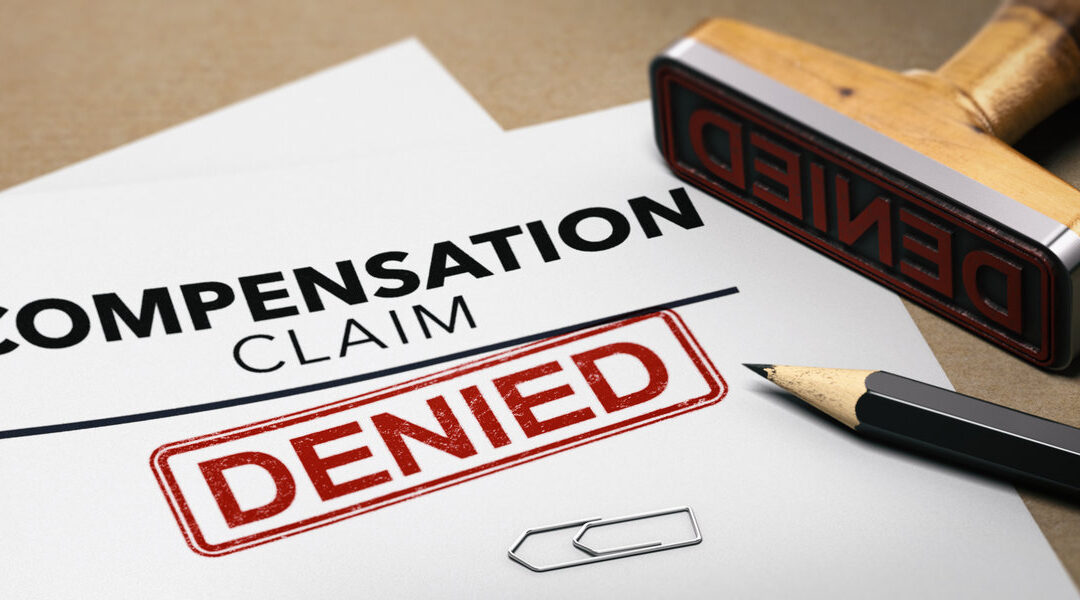Setareh Law
September 17, 2025
Insurance companies increasingly rely on artificial intelligence systems to evaluate personal injury claims, raising serious concerns about whether these automated tools prioritize cost savings over fair compensation for injury victims. These sophisticated AI algorithms can analyze medical records, assess claim validity, and make coverage decisions in minutes rather than days, but their programming often reflects insurance company interests rather than policyholder rights and legitimate claim values.
At Setareh Law, we understand how insurance companies use technology to their advantage and work diligently to protect our clients from unfair claim denials and inadequate settlement offers. Our experienced legal team knows how to challenge AI-driven insurance decisions and ensure that injury victims receive the full compensation they deserve regardless of the automated systems working against them.
How Insurance Companies Use AI in Claim Processing
Insurance companies deploy AI systems to automatically review incoming personal injury claims, analyze medical documentation, and flag cases for denial or reduced settlements. These algorithms examine patterns in medical treatments, bill amounts, and injury descriptions to identify claims they consider suspicious or excessive based on predetermined criteria.
The AI systems compare new claims against vast databases of previous cases, looking for inconsistencies or red flags that might indicate fraud or inflated damages. However, these automated comparisons often fail to account for individual circumstances, unique injury patterns, or legitimate variations in medical treatment approaches that don’t fit typical algorithmic expectations.
Many insurance companies use predictive modeling to estimate claim values and determine settlement offers before human adjusters even review the case files. These AI-driven valuations frequently underestimate the true impact of injuries, particularly for complex cases involving long-term disabilities or psychological trauma that don’t translate easily into algorithmic calculations.
Common AI-Driven Denial Tactics
Insurance AI systems often flag legitimate claims for denial based on narrow algorithmic criteria that don’t reflect the reality of personal injury cases. These automated systems may reject claims when medical treatments exceed average costs for similar injuries, without considering individual patient needs or complications that require additional care.
The technology frequently challenges the necessity of specific medical procedures or therapeutic treatments by comparing them against statistical averages rather than individual medical necessity. This approach can result in denial of coverage for legitimate treatments that fall outside typical parameters but remain medically appropriate for the specific patient’s condition.
Red Flags That Trigger AI Denials
AI systems typically flag claims that exhibit certain characteristics, even when those characteristics reflect legitimate injury circumstances rather than fraudulent activity. Understanding these triggers helps injury victims prepare stronger claims that address potential algorithmic concerns:
- Treatment gaps or delays that may result from scheduling conflicts or financial constraints
- Medical bills that exceed algorithmic averages for similar injury types
- Multiple healthcare providers involved in treatment plans
- Symptoms that don’t match typical injury patterns in the AI’s database
- Previous injury history that may complicate current claim assessment
Insurance companies program these systems to err on the side of denial, knowing that many claimants will accept reduced settlements rather than fight automated decisions through lengthy appeals processes.
Fighting Back Against AI-Driven Denials
Successfully challenging AI-driven insurance denials requires comprehensive documentation that addresses the specific algorithmic concerns while demonstrating the legitimacy and necessity of all claimed damages. This process often involves working with medical professionals to provide detailed explanations that counter automated objections.
Experienced personal injury attorneys understand how to present medical evidence and treatment documentation in ways that overcome AI-driven denial patterns. This might include obtaining additional medical opinions, providing context for treatment decisions, or demonstrating how individual circumstances justify approaches that differ from algorithmic expectations.
Insurance bad faith laws protect policyholders from unreasonable claim denials, even when those denials result from automated systems rather than human decision-making. Insurance companies remain responsible for ensuring their AI systems make fair and reasonable claim evaluations rather than simply minimizing payouts.
Legal Protections Against Automated Discrimination
California law requires insurance companies to handle claims in good faith, regardless of whether they use human adjusters or AI systems to evaluate coverage decisions. This legal obligation means that automated claim denials must still meet the same standards of reasonableness and fairness as traditional claim evaluations.
When AI systems consistently deny legitimate claims or systematically undervalue certain types of injuries, this pattern may constitute bad faith insurance practices that violate California insurance regulations. Injury victims have legal recourse against insurance companies that use AI technology to unfairly deny or reduce valid claims, including auto accident and slip and fall cases.
Contact Setareh Law for AI-Related Insurance Disputes
Insurance companies’ increasing reliance on AI systems creates new challenges for personal injury victims seeking fair compensation for their damages. These automated denial tactics require experienced legal representation that understands both insurance law and the technological systems working against injured claimants.
Our team at Setareh Law has successfully challenged numerous AI-driven insurance denials, securing full compensation for clients whose legitimate claims were initially rejected by automated systems. We understand how to present evidence that overcomes algorithmic objections while building compelling cases that demonstrate the true value of our clients’ injuries and damages. With over $250 million recovered for our clients and more than 400 five-star reviews, we have the experience and resources needed to take on insurance companies using AI technology against injury victims. Contact us today at (310) 659-1826 or through our contact form to discuss how we can help you fight back against unfair AI-driven claim denials.


